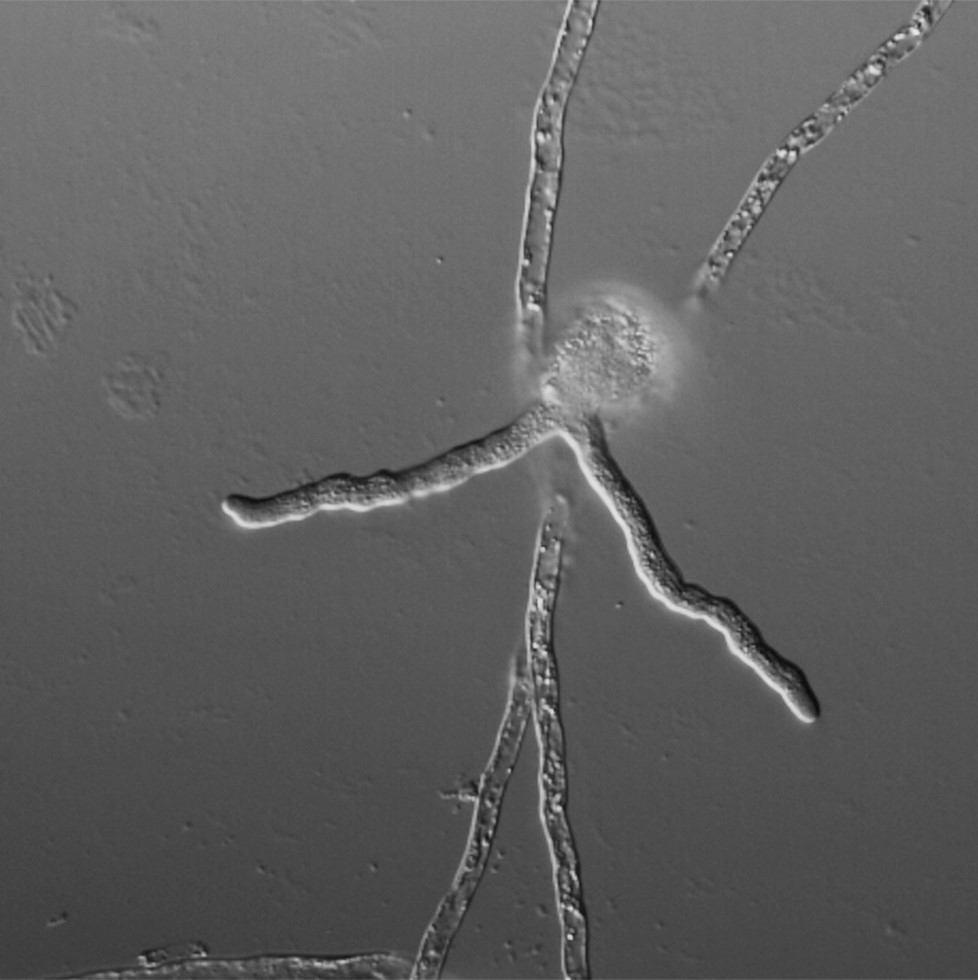Defective pollen tube tip-growth induces neo-polyploid infertility
A recent paper published in Science by the Bomblies group (IMPB), shows that newly formed polyploids suffer a severe defect in polar cell growth, which is essential for fertility in plants as it allows sperm to reach ovules, and provides insight into a naturally evolved solution to this challenge.


Genome duplication (generating polyploids) has been an engine of novelty in all eukaryotic kingdoms. Polyploidy is also a promising crop improvement tool as polyploids are often immediately resistant to climate-relevant stresses like drought. However, a roadblock to their utilization is that newly formed polyploids often have low fertility. Neo-polyploid sterility has been linked to meiosis failing, but we show here that there is another major factor: pollen tube tip-growth. Tip-growth is a type of polar cell growth that occurs across eukaryotes, allowing cells like neurons or fungal hyphae to elongate to hundreds of times their original length; in plant pollen tubes, tip-growth is essential for fertilization. Using the plant Arabidopsis arenosa (which exists in nature in both diploid and established tetraploid forms, while new polyploids can be generated in the lab), we show pollen tubes of new polyploids grow slowly or stall, have aberrant anatomy, physiology, and gene expression, and often burst prematurely. These phenotypes recover in the natural polyploid, and using a genetic approach, we link this to novel variants in two tip-growth genes that evolved under directional selection in the natural tetraploid lineage. Our work establishes pollen tube tip-growth as a fertility challenge for neo-polyploid plants and provides insights into a naturally evolved multigenic solution.
Link to the paper in external page Science